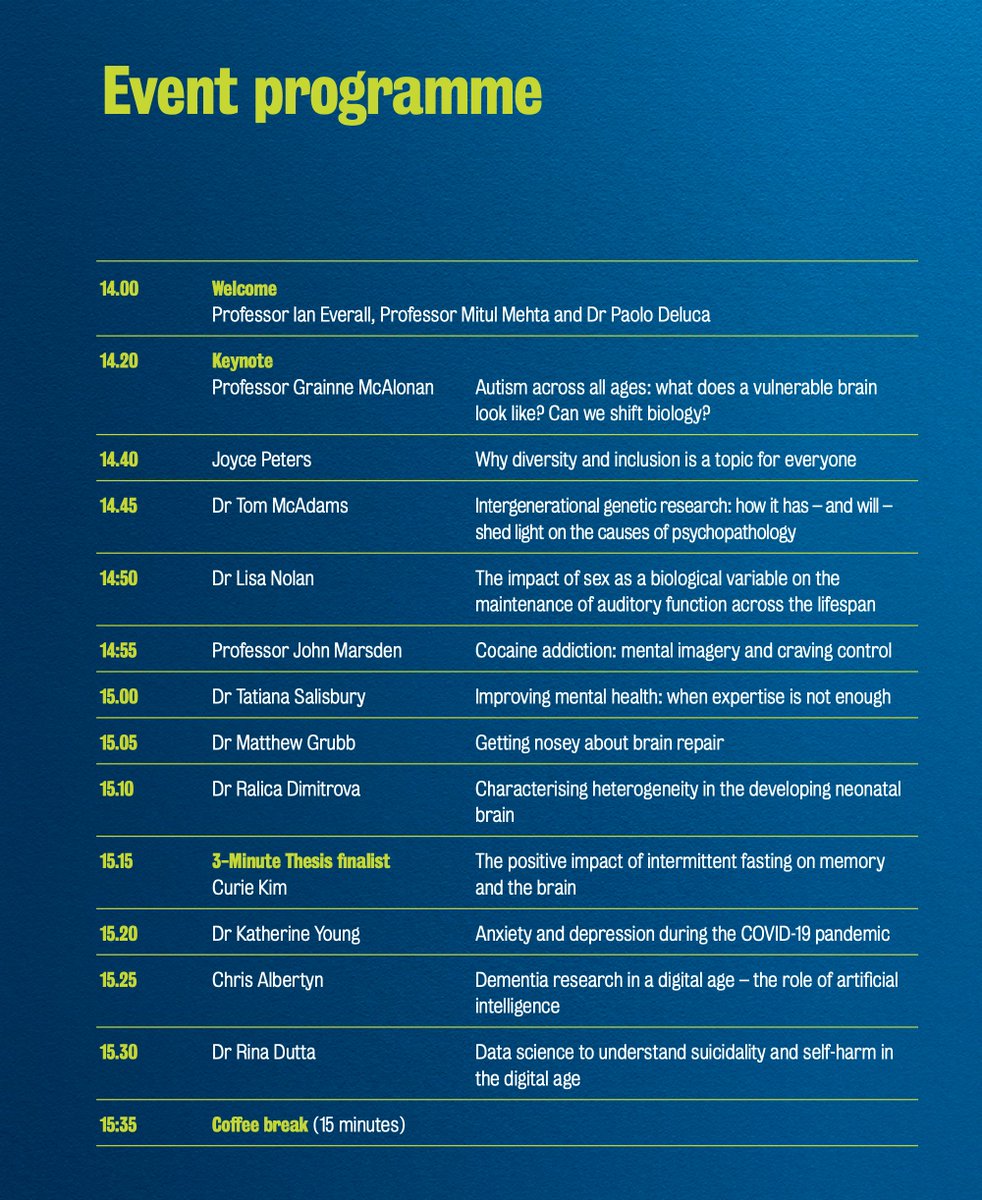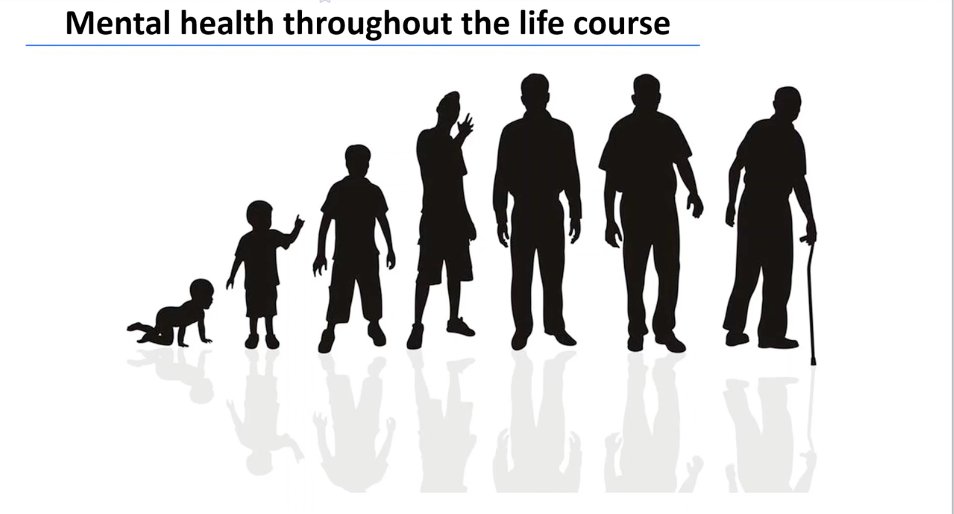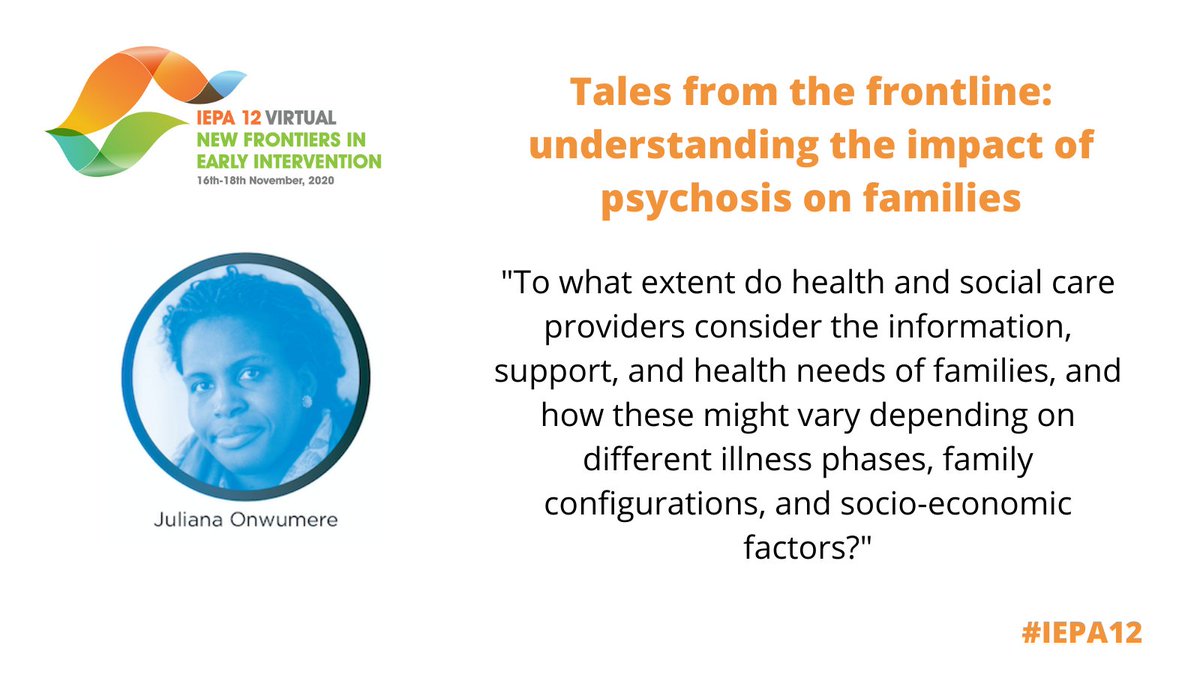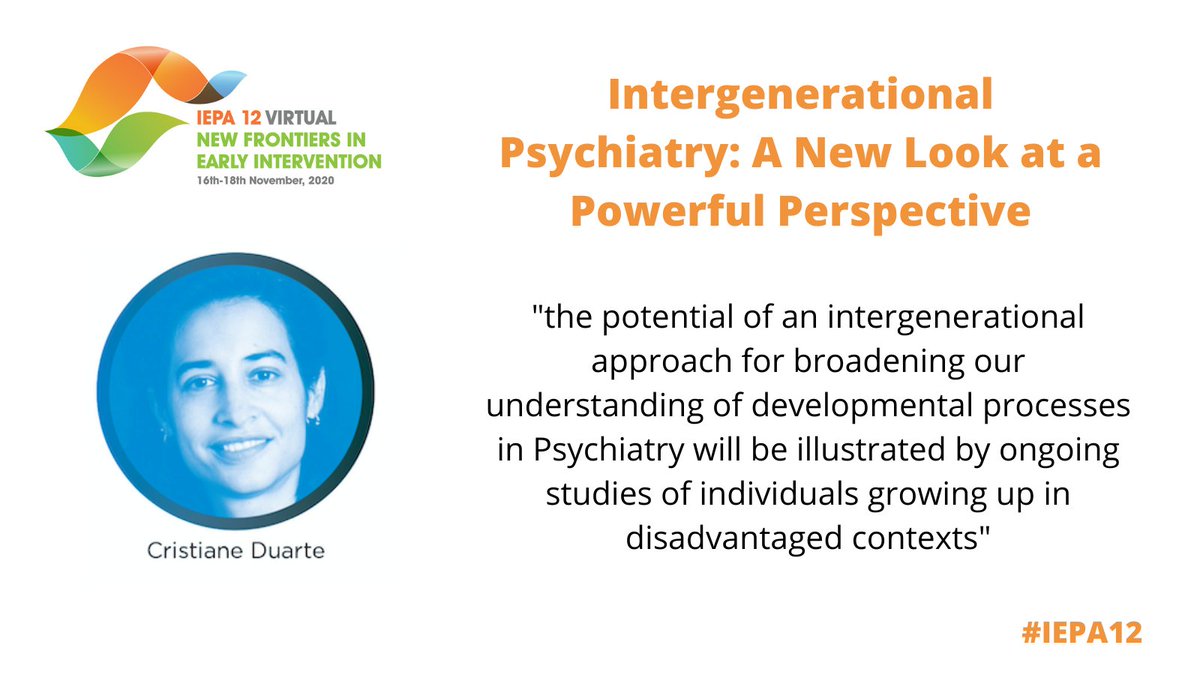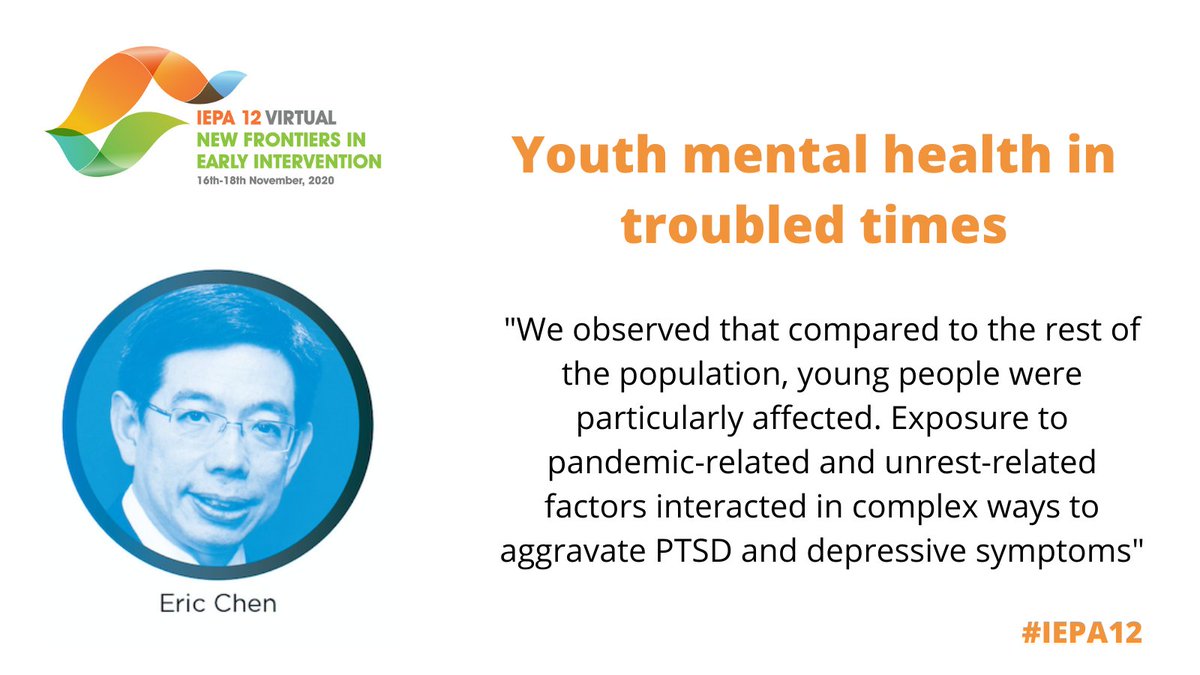
Welcome to the sixth #OxfordMentalHealth webinar. Our topic this time is vaccine hesitancy, mistrust and conspiracies.
Expert panel:
- @ProfDFreeman from @OxPsychiatry @OxHealthBRC
- @jonsnowC4 from @Channel4News
- Chaired by Prof John Geddes
Expert panel:
- @ProfDFreeman from @OxPsychiatry @OxHealthBRC
- @jonsnowC4 from @Channel4News
- Chaired by Prof John Geddes

I'll be live tweeting until 7pm at #OxfordMentalHealth
The webinar video will be published next week on the @OxPsychiatry YouTube channel, so subscribe to that and you will get a notification when it goes live.
youtube.com/channel/UCQ_QZ…
The webinar video will be published next week on the @OxPsychiatry YouTube channel, so subscribe to that and you will get a notification when it goes live.
youtube.com/channel/UCQ_QZ…
First there’ll be a short talk from @ProfDFreeman who will present the OCEANS research that he and his colleagues have been doing over the last few months.
OCEANS = Oxford Coronavirus Explanations, Attitudes, and Narratives Survey #OxfordMentalHealth
psych.ox.ac.uk/team/daniel-fr…
OCEANS = Oxford Coronavirus Explanations, Attitudes, and Narratives Survey #OxfordMentalHealth
psych.ox.ac.uk/team/daniel-fr…
That will be followed by a conversation between @ProfDFreeman and @jonsnowC4, followed by a Q&A session chaired by Prof John Geddes.
Tweet your questions for our experts to #OxfordMentalHealth
Tweet your questions for our experts to #OxfordMentalHealth
First off this evening there’ll be a short talk from @ProfDFreeman who will be presenting the OCEANS research that he and his colleagues have been doing over the last few months. OCEANS = Oxford Coronavirus Explanations, Attitudes, and Narratives Survey #OxfordMentalHealth
The OCEANS (Oxford Coronavirus Explanations, Attitudes, and Narratives) Survey I included 2,500 adults in England quota sampled to be representative (4th-11th May 2020) #OxfordMentalHealth
OCEANS-I "Coronavirus conspiracy beliefs, mistrust, and compliance with government guidelines in England" was summarised by @IanCummins9 in this great Mental Elf blog #OxfordMentalHealth elfi.sh/3iZgTbl
OCEANS-I showed that a high number of adults in England did not agree with scientific/govt consensus on coronavirus pandemic, with those who believe in conspiracy theories less likely to follow government guidance e.g. staying 2m apart or wearing a face-mask #OxfordMentalHealth
Marginalisation → Vulnerability and distrust → Social media and post truth → Pandemic → Conspiracy thinking entered the mainstream
@ProfDFreeman speaking at #OxfordMentalHealth
@ProfDFreeman speaking at #OxfordMentalHealth
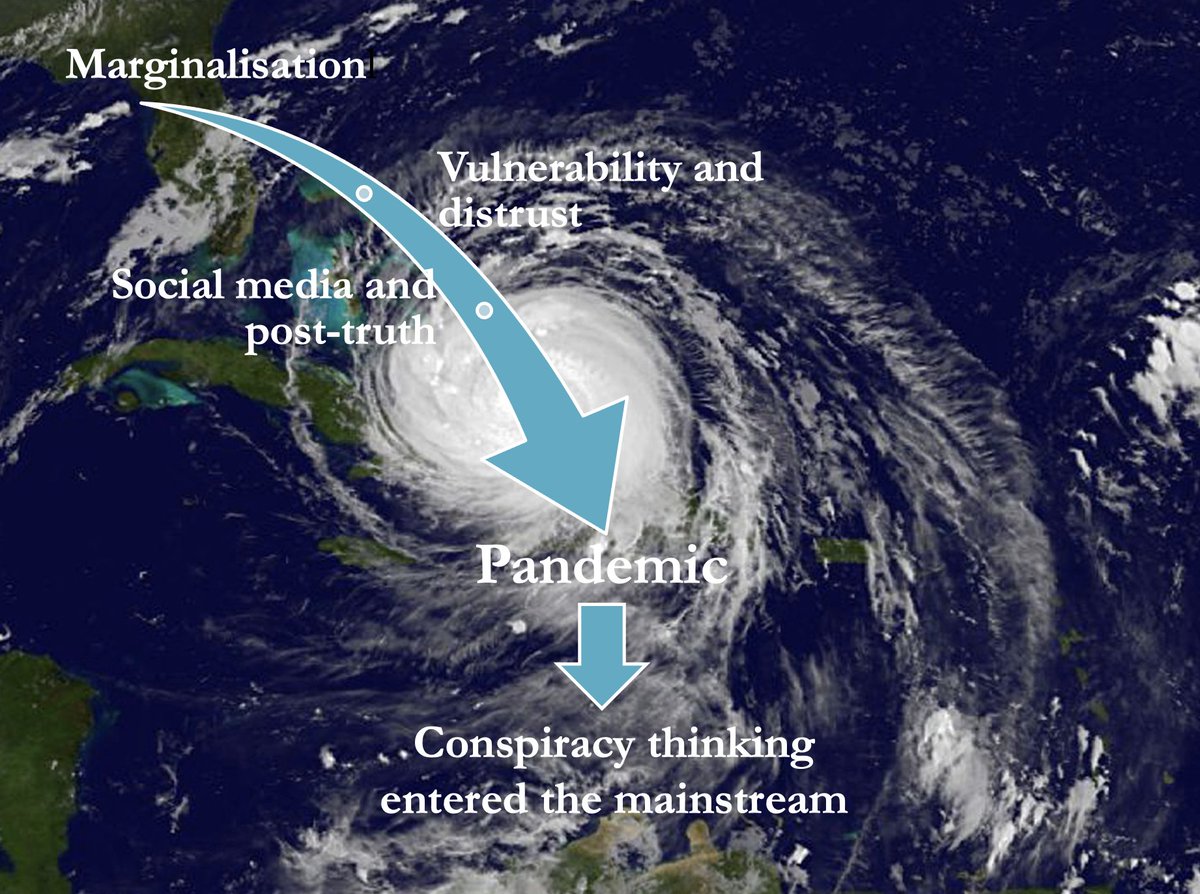
OCEANS-II study - 5,100 adults in UK quota sampled to be representative (24th September−17th October 2020). Quantitative and qualitative studies, focusing on the important issue of COVID-19 vaccine hesitancy #OxfordMentalHealth
This research found that COVID-19 vaccine hesitancy is relatively evenly spread across the population. Willingness to take a vaccine is closely bound to recognition of the collective importance. #OxfordMentalHealth
Vaccine public information that highlights prosocial benefits may be especially effective. Factors such as conspiracy beliefs that foster mistrust and erode social cohesion will lower vaccine up-take. #OxfordMentalHealth
Read this great summary of OCEANS-II by @nikkixnabavi COVID-19 vaccine hesitancy: who is hesitant and why? #OxfordMentalHealth elfi.sh/3tI5vGm
Nearly 72% of people surveyed were willing to be vaccinated, nearly 17% were very unsure, and nearly 12% were strongly hesitant #OxfordMentalHealth
There is an urgent need to counter misinformation about the coronavirus vaccine #OxfordMentalHealth
Understanding vaccine hesitancy
#OxfordMentalHealth
☹️ General mistrust
-Negative views of doctors, vaccine developers
-Negative NHS experiences
-Conspiracy beliefs
-Need for chaos
🙂 General trust
-Positive views of doctors & medicine
-Positive NHS & GP experiences
#OxfordMentalHealth
☹️ General mistrust
-Negative views of doctors, vaccine developers
-Negative NHS experiences
-Conspiracy beliefs
-Need for chaos
🙂 General trust
-Positive views of doctors & medicine
-Positive NHS & GP experiences
The third OCEAN study conducted in February 2021, testing the effects on vaccine hesitancy of ten different types of information provision, is due to report shortly #OxfordMentalHealth
OCEANS-III randomly assigned study participants to one of ten different COVID-19 vaccine messages - Is there specific brief content about COVID-19 vaccination, above a statement of safety and effectiveness, that may reduce hesitancy in the general population? #OxfordMentalHealth
OCEANS-III measured the pros and cons of "collective benefits messaging" versus "personal benefit messaging" #OxfordMentalHealth 

OCEANS-III will be out soon and (guess what) we'll be blogging about it on the Mental Elf. Watch this space! #OxfordMentalHealth
"Trust is an absolutely vital invisible national infrastructure" says @ProfDFreeman "We shouldn't take it for granted" #VaccineHesitancy #OxfordMentalHealth
This webinar will be edited and shared on YouTube next week, so you can watch again. If you subscribe to the @OxPsychiatry YouTube channel, you won’t ever miss one of these #OxfordMentalHealth events! youtube.com/channel/UCQ_QZ…
We'll share this webinar on YouTube next week, so you can watch again.
If you subscribe to the @OxPsychiatry YouTube channel, you won’t ever miss one of these #OxfordMentalHealth events!
youtube.com/channel/UCQ_QZ…
If you subscribe to the @OxPsychiatry YouTube channel, you won’t ever miss one of these #OxfordMentalHealth events!
youtube.com/channel/UCQ_QZ…
• • •
Missing some Tweet in this thread? You can try to
force a refresh


